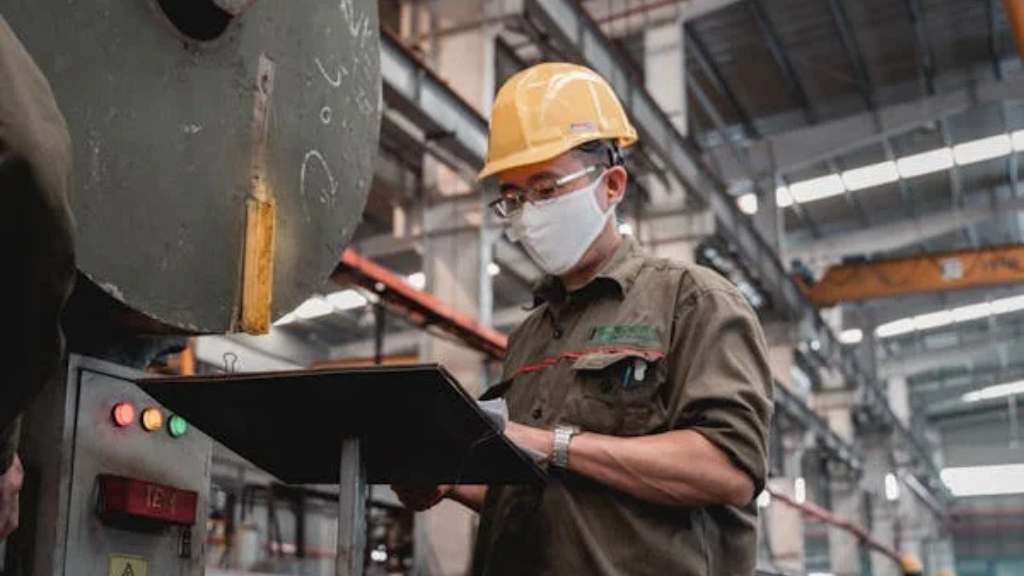When a company wants to grow, it needs good suppliers. These suppliers help make products, keep shelves full, and deliver items on time. However, not all suppliers work the same way. Some are great partners. Others may bring delays, poor quality, or high costs. That’s why smart companies take time to evaluate suppliers before they work with them.
Doing a full evaluation of supplies helps a business avoid mistakes. It also helps them choose the best partner for their needs. This blog will show what smart companies do during supplier checks. You’ll learn how they choose the right suppliers and why this step is important.
Why Supplier Evaluation Matters
Every product starts with materials or parts. These come from suppliers. If the supplies are poor or delayed, it affects the final product. This can upset customers and cost the company money.
That’s why the evaluation is so important. It gives companies clear facts about the supplier. It also helps leaders make better decisions.
Supplier evaluation answers key questions:
- Can the supplier deliver on time?
- Are the products good quality?
- Do they follow safety and work rules?
By asking these questions early, companies avoid surprises later.
What Smart Companies Check First
The first step in supplier checks is gathering facts. Companies don’t guess or go by looks. They ask the supplier for details about their business.
Here’s what they look at first:
- Business background: How long has the supplier been in business?
- Factory size: Can they handle big orders?
- Staff and workers: Do they have skilled workers?
- Past work: Have they worked with other big companies?
These answers show if the supplier is ready to meet the company’s needs.
Looking at Product Quality
Product quality matters to every customer. That’s why smart companies test it early. They ask for samples. They may also visit the factory. This helps them see how the products are made.
Here are common things they check:
- Are the materials strong and safe?
- Does each item match the design?
- Is there a system to check items before they ship?
Some companies even send a quality team to check the products. This is one part of the evaluation of supplier performance. It helps the company avoid problems after the order is placed.
Checking for Risk
Smart companies also look for signs of risk. Even a good-looking supplier may have hidden issues. These risks can lead to late orders or poor service.
Some risks include:
- Lack of backup plans: Can the supplier still work if one machine breaks?
- No clear process: Do they have rules to fix mistakes fast?
- Money issues: Are they stable enough to stay in business?
A risk check helps companies feel more secure in their choice.
Why Good Communication Matters
After the first checks, smart companies talk with the supplier. They ask how the supplier handles questions, changes, and delays. Good suppliers answer fast and clearly.
A company might send a simple test, like asking for a sample quote. If the supplier takes too long or gives unclear answers, that’s a warning sign.
Great suppliers:
- Answer messages quickly
- Share updates without being asked
- Explain their process in easy words
This helps build trust and keeps both sides happy.
Asking the Right Questions
To get the full picture, companies ask strong, clear questions. These might include:
- How do you check your product quality?
- What is your normal delivery time?
- What are your top three customers?
- How do you fix a delayed order?
These questions don’t just give answers. They also show how the supplier thinks and solves problems.
Visiting the Supplier
A visit is one of the best ways to see the full story. Some companies send a team to visit the supplier’s office or factory.
During the visit, they check:
- Clean work areas
- Safe tools and machines
- Workers wearing safety gear
- Staff who know the process well
Seeing the site shows if the supplier is serious and ready to grow.
Final Steps Before Working Together
Once all checks are done, smart companies write clear terms. These go into a contract or agreement. It helps both sides understand the rules.
Good supplier terms include:
- When payments are due
- What happens if a shipment is late
- Who pays for returned items
- How to handle changes in the order
This step keeps the business safe and helps avoid stress later.
Building Long-Term Partnerships
The first order is just the start. Smart companies stay in touch with their suppliers. They ask for updates. They visit again if needed.
They also reward great service. If a supplier does well, they might get more business or better deals. This keeps both sides happy. Over time, this leads to better prices, faster service, and stronger trust.
Strong Supply Chains Start with Smart Evaluation
Choosing the right supplier is a big decision. It takes time, care, and clear steps. Smart companies always start with a deep look at the facts. They ask questions, visit the site, and test the product.
A strong evaluation of supplies helps avoid problems. It also leads to better products, faster delivery, and a more stable business. One clear check today can save many mistakes tomorrow.
If you are part of a team that buys materials, start with strong steps. Follow what smart companies do. Use your time wisely. You’ll build better partnerships and grow your business the right way.
For support with supplier checks, risk review, and full evaluation of supplier performance, contact our team at Branding Manufacturing Services — your trusted partner for global sourcing and quality assurance.

